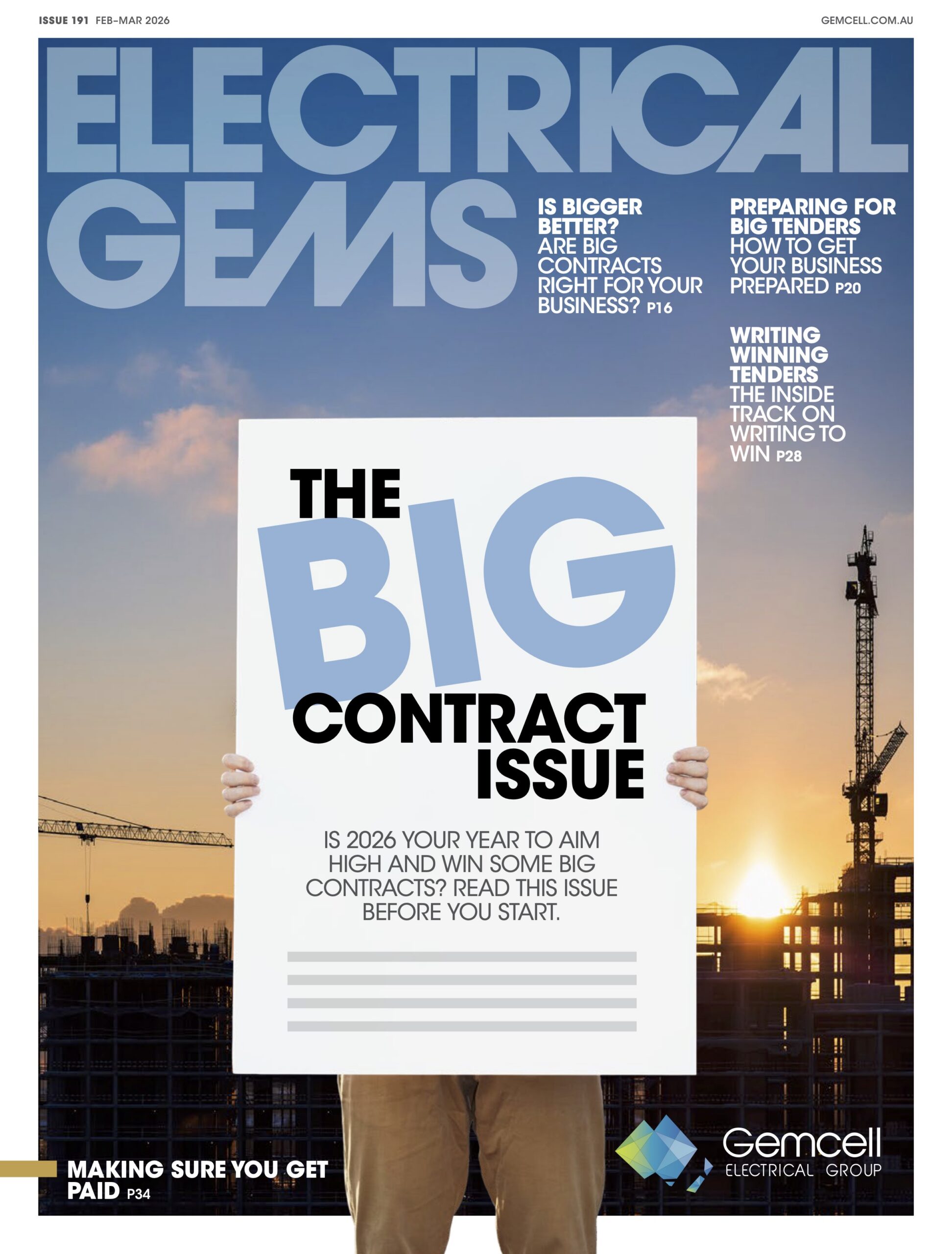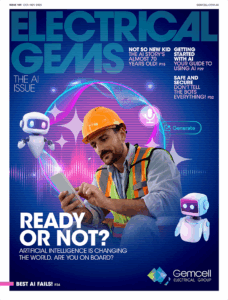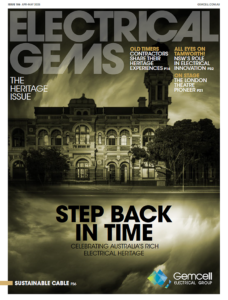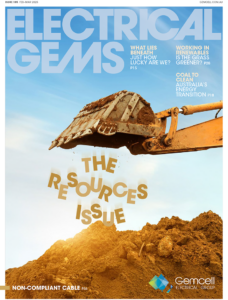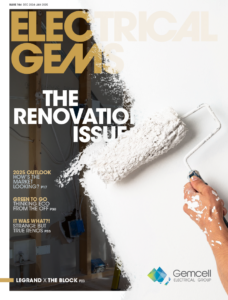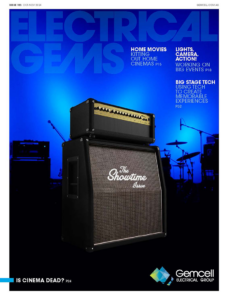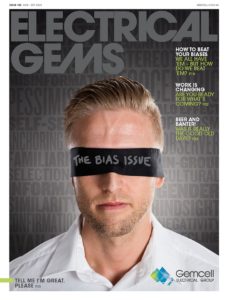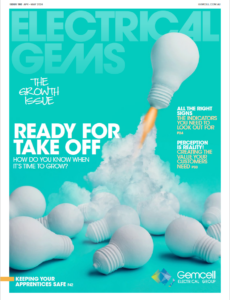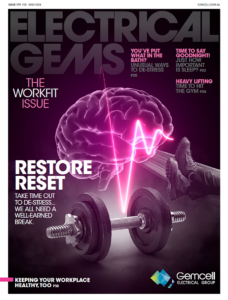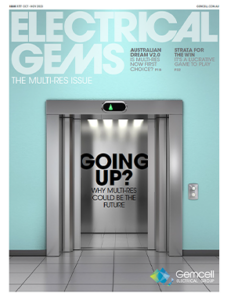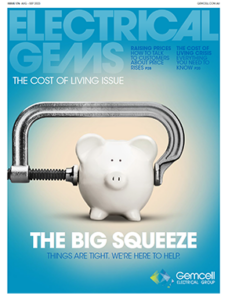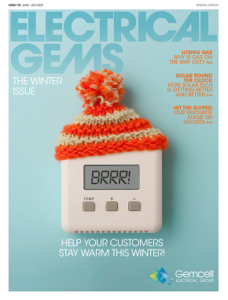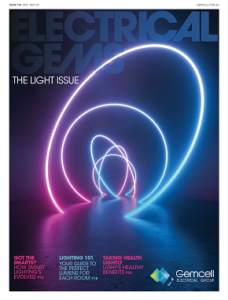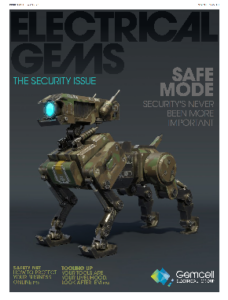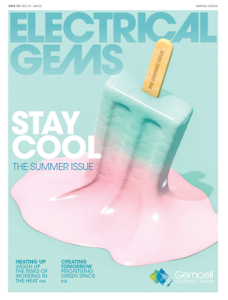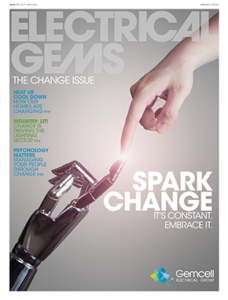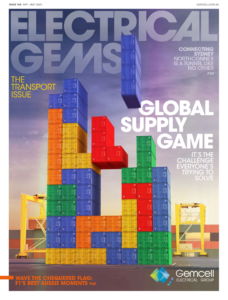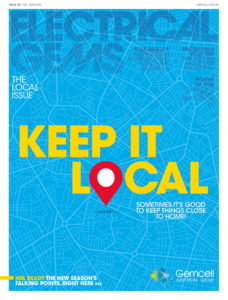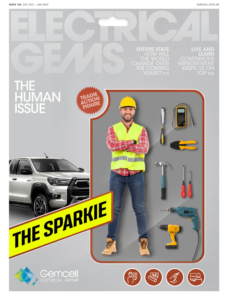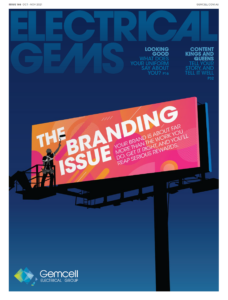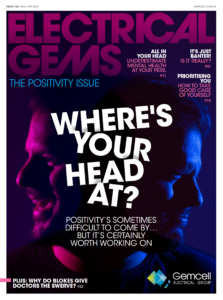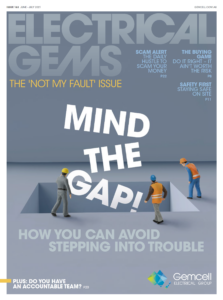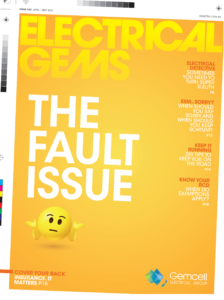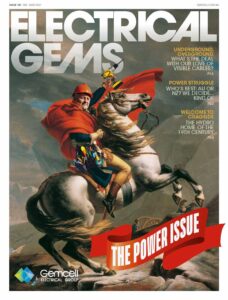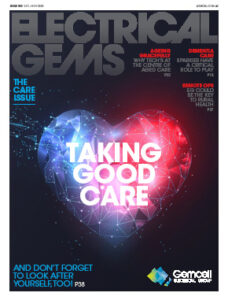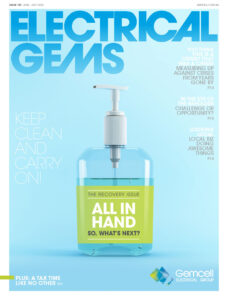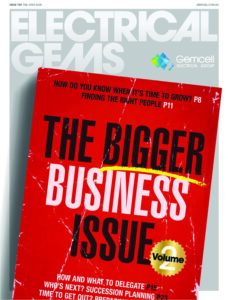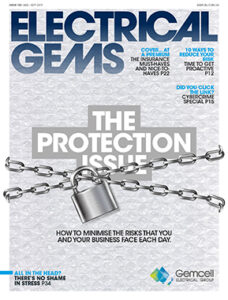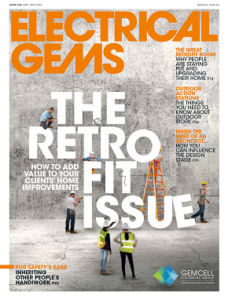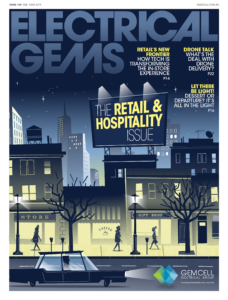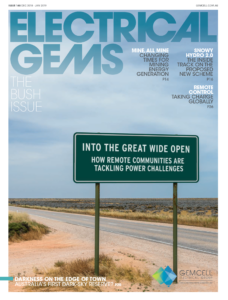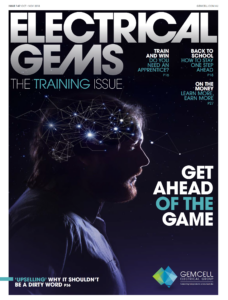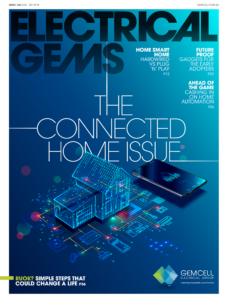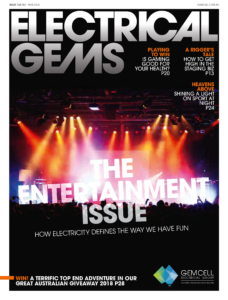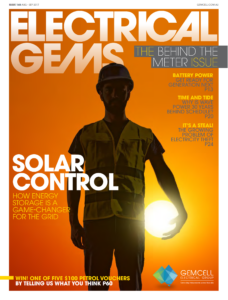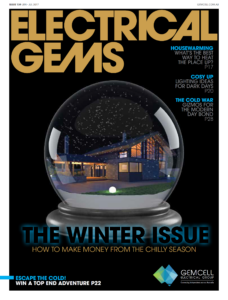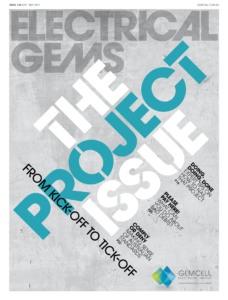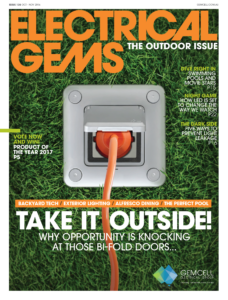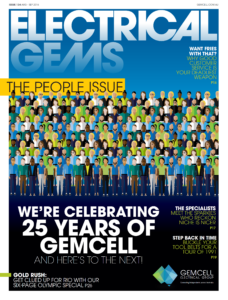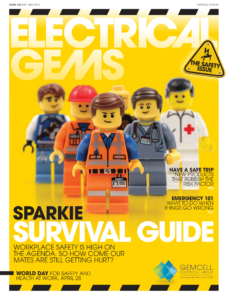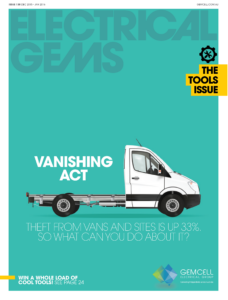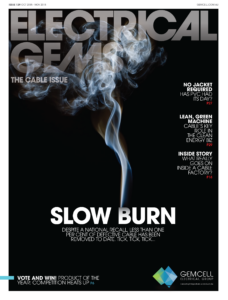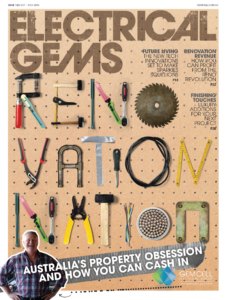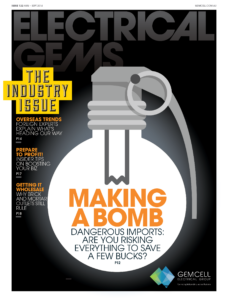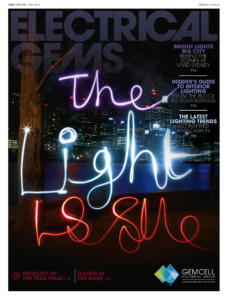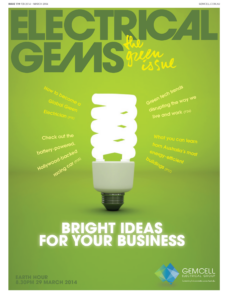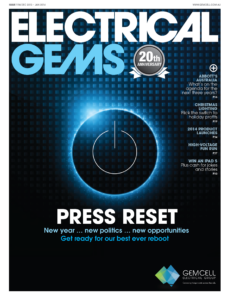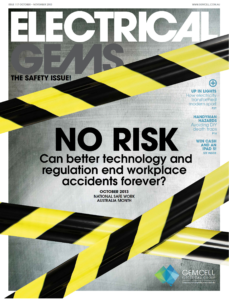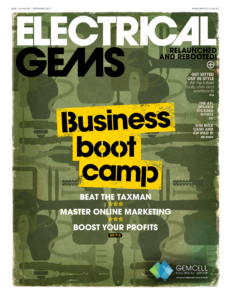More than just a day: Building mental health awareness in the trades
Each September, RUOK? Day rolls around with a simple but powerful message: ask your mates if they’re really okay. James Copley, Marketing Manager – Master Electricians Australia, explores what this really means in practice.
For many in the electrical and trade industries, the idea of opening up can feel as foreign as a faulty circuit in a brand-new install. But in a profession where physical safety is a daily priority, it’s time we gave the same weight to mental safety too.
The pressure behind the panels
Working in the trades is tough. The hours can be long, the work physically demanding and dangerous, and the pressure to get things right the first time is constant. Deadlines, client expectations, and economic uncertainty only add to the load. It’s little wonder that stress, anxiety and depression are real issues within our community.
According to the Australian Institute of Health and Welfare, one in five Australians aged 16-85 experience a mental illness in any year. The pressure to “harden up” or push through without talking about it can be deadly. Suicide remains one of the leading causes of death among men, especially those under 45.
Too often, mental health is misinterpreted as a sign of weakness. But acknowledging that you’re not okay takes real strength. Mental fortitude isn’t about ignoring pain or pretending everything is fine—it’s about facing challenges, recognising when you need help, and being brave enough to reach out.
Just like when you train apprentices to handle tools properly, we need to train ourselves to handle mental stress. That includes recognising signs of burnout, anxiety and depression not only in ourselves but in our mates.
It’s important to check in with yourself and your mates. This is why R U OK? Day is a reminder that a simple question can start a life-saving conversation. But asking “Are you okay?” isn’t a tick-the-box exercise. It means being present, listening without judgement, and showing genuine care.
You don’t need to be a counsellor. You just need to be a mate. If someone says they’re not okay, ask if they want to talk about it. Encourage them to speak to someone they trust or contact a professional. It could be the circuit breaker they need.
Creating a circuit breaker
Bottling up emotions doesn’t just affect mental wellbeing—it can impact your work, relationships, and physical health. Talking to a mate, a partner, or a professional can help release the pressure and provide clarity.
Remember, mental health isn’t just about when things go wrong. It’s something to work on every day, just like physical fitness. A healthy mind means sharper focus, better decisions, and stronger connections.
A simple way to reduce your stress levels at the end of a day is exercise. While it’s not the only solution, it is a powerful tool. Whether it’s a run, a gym session, or just a walk around the block, physical activity helps reduce stress hormones and boosts your mood. Making it part of your routine can make a real difference.
If you work with your hands all day, it might seem counterintuitive to get moving after hours. But even light exercise can help you decompress, especially after a tough shift.
Mental health isn’t a solo project. It’s something we build together on site, in the workshop, and over smoko. By checking in with our mates, talking honestly and supporting each other, we create a culture that values wellbeing as much as workmanship.
This R U OK? Day, and every day, let’s make it a priority to ask, listen, and connect. Because in the end, the strongest teams aren’t just good at laying cable or wiring panels—they’re good at looking out for one another.
So, spark the conversation. You never know whose life you might light up.
Remember, real mates ask mates how they are – and listen.

